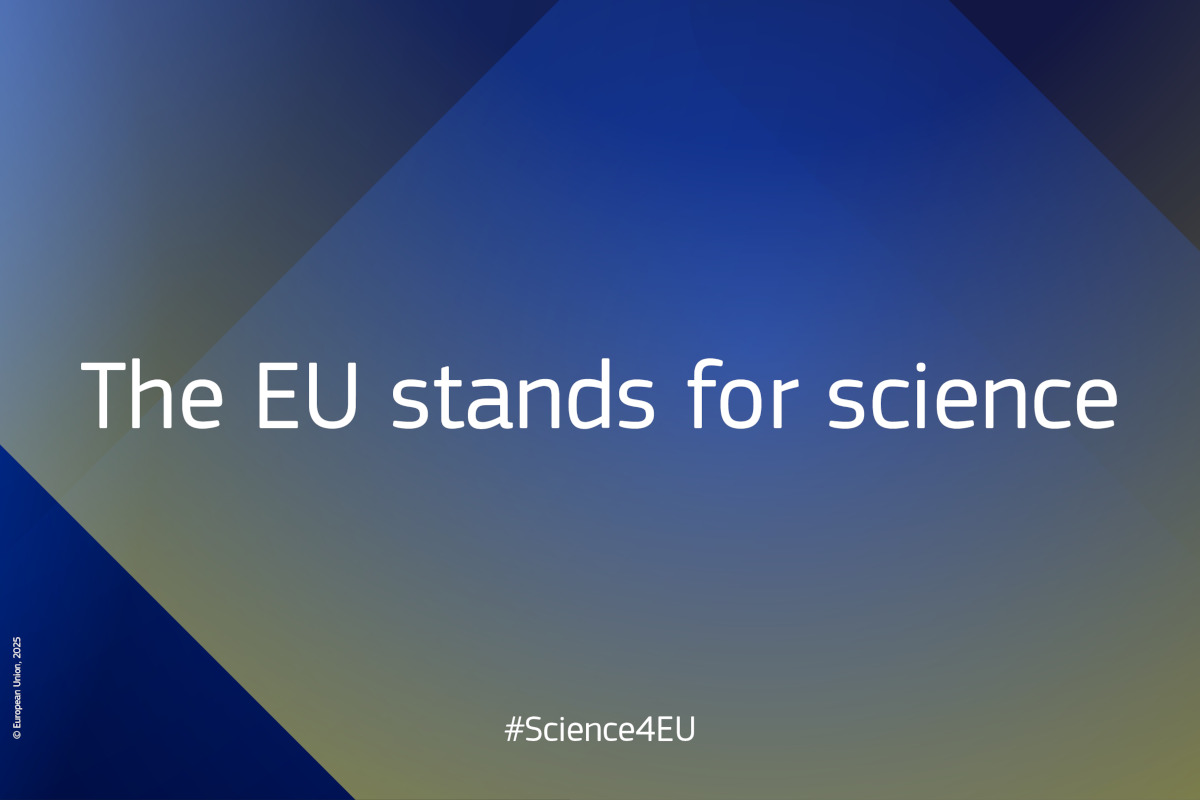EU-funded researchers have developed robust mini robots with advanced sensors to help search and rescue teams find survivors in the aftermath of earthquakes and other disasters.
Special series

Science4EU
The Science4EU campaign shows how the EU stands for science. It shines a spotlight on the scientists, researchers, and innovators working with EU support to improve our lives and shape a better future for everyone.
Do you also stand for science?
More stories

Local and regional authorities play a crucial role in driving the shift toward a circular economy. Leading by example, Finland’s Tampere region is pioneering innovative solutions to cut waste in the construction sector and lower CO₂ emissions.
Most popular
-
1
-
2By Michaela Nesvarova
-
3By Michaela Nesvarova
-
4By Helen Massy-Beresford
-
5
Top videos
Robots to the rescue: miniature robots offer new hope for search and rescue operations
13 June 2025
Sea of possibilities: the underwater gardeners restoring marine forests
6 June 2025
Past articles
Using a protein taken from nature, scientists have made artificial leaves that can harvest energy faster than natural ones, and the ultra-lightweight material opens up the possibility of wearable technology and paint-on solar cells.
Responsive food packets could warn us when frozen food has got too warm, or even if meat has gone off, and they could be on supermarket shelves within the next few years.
Professor Jean Tirole from the Toulouse School of Economics in France has been awarded the top prize for economics by a Nobel committee for his work on how to regulate industries that are dominated by a few powerful firms.
Young people have great ideas but often they need to be informed that EU research funding is available, according to Pierre-Yves Cousteau, the president of Cousteau Divers and son of the marine conservationist Jacques Cousteau.
Fusion research institutes from around Europe gathered in Brussels to mark the signing of a grant between the EU and the EUROfusion consortium that will help keep Europe’s lead in fusion energy research.
A Romanian-born German has won a share of the Nobel Prize in Chemistry for a technique that enables reseachers to peer into the nanoworld of individual molecules.
An EU-funded chemist has won a share of the Nobel Prize in Chemistry for a technique that enables researchers to peer into the nanoworld of individual molecules.
‘I would like to show that when one uses novel concepts or thinks outside the box, there is no limit to yield ... the limit is just in our head,’ according to Professor Dani Zamir from the Hebrew University of Jerusalem in Israel.
Nuclear fusion could become the main source of energy in the second half of this century, and Europe is well-positioned to lead the way as long as it manages its resources correctly, according to the people overseeing the research.
European researchers win the 2014 Nobel Prize in Physiology or Medicine for having identified the brain’s inner GPS system.
Precisely designed nanostructures can catch light and help improve the efficiency of solar cells by up to 70 %, according to Professor Albert Polman, the 2012 joint recipient of the prestigious ENI Renewable Energy Prize and joint winner of the 2014 Julius Springer Prize for Applied Physics.
What one person eats for optimum health may differ from the next, and scientists are working out how our genetic makeup is responsible.
What will be on our dinner plates in 50 years’ time? In October, Horizon examines how science is shaping the future of food.
Social networks and advances in genetics are helping scientists to better understand how memory works and how we could bend it to our will.
While high in the stratosphere ozone acts as the planet’s shield, at ground level ozone may wreak havoc on human health and future food security.
Two young Portuguese scientists have scooped a first prize at the EU young scientist awards for their work on how the eggs of pond snails can be used to measure the amount of pollutants in water.
Scientists have worked out how to fix broken genes by inserting new ones into people's DNA, and they've now successfully tested the technique on sufferers of a rare liver disease.
Over the last few decades buildings have become cleaner, leaner and increasingly air-tight, spurred on by a drive for energy efficiency. Now, however, scientists are showing that poor ventilation and indoor pollutants are not only linked to discomfort and decreased productivity, but also to allergies and respiratory disorders.
Diet drinks, chewing gum and table-top sweeteners can increase the risk of metabolic diseases such as Type 2 diabetes, heart disease and stroke because ingesting aspartame, saccharin and sucralose makes our bodies less able to break down sugars with insulin, scientists have shown.
Women should be compelled to sit on scientific committees if they receive funding for research, according to Professor Pascale Cossart, director of research into bacteria-cell interactions at the Pasteur Institute in Paris.
Prof. Cossart is the 2014 recipient of the European Molecular Biology Organization (EMBO) and Federation of European Biochemical Societies (FEBS) Women in Science Award, in recognition of her work in bacteriology and in mentoring young scientists.



























